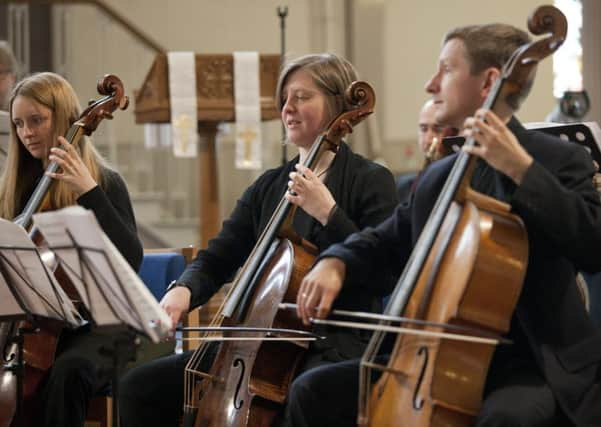Music review: Dunedin Consort


Methodist Church, Edinburgh *****
Written more than 400 years ago, over the course of 40-plus years of the composer’s life, these secular works vary hugely in style and scale.
This performance of a selection of steamy, love-related madrigals from Books 2 -8 by the Dunedin Consort, directed by tenor Nicholas Mulroy, was both technically astounding and profoundly moving.
Advertisement
Hide AdAdvertisement
Hide AdWith it’s rich textures and restless vocal parts, the unaccompanied Sfogava con le stelle from Book 4 brilliantly captures the plight of a lovesick man gazing at the stars. Accompanied by the theorbo, Mulroy almost made torment sound pleasurable in the jaunty triple-time Si dolce è ‘l tormento, which could easily pass for a pop song today.
Monteverdi constantly pushes his singers out of their comfort zones, well beyond the ranges we would recognise today, and these outstanding singers delivered every note with aplomb.
In the dazzling Parlo, misero, o taccio? for bass, two sopranos, theorbo and organ, Jimmy Holliday impressed as he moved with ease between growling low notes and those in the higher registers.
By Book 8, Monteverdi is really pushing the boat out, not only with crunchy dissonances but radical structures to further dramatise the music.
Lamento della Ninfa has the three male voices singing a ground bass while a nymph tells of her lost love, and the phenomenal Hanna Bayodi, as the nymph, was in thrilling form.
SUSAN NICKALLS